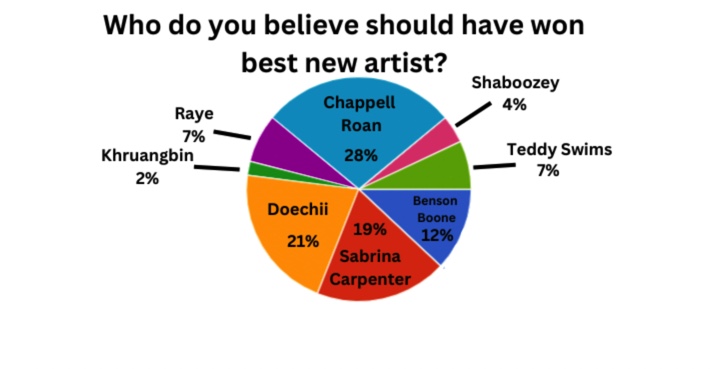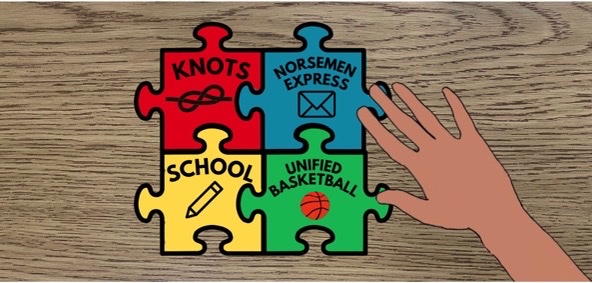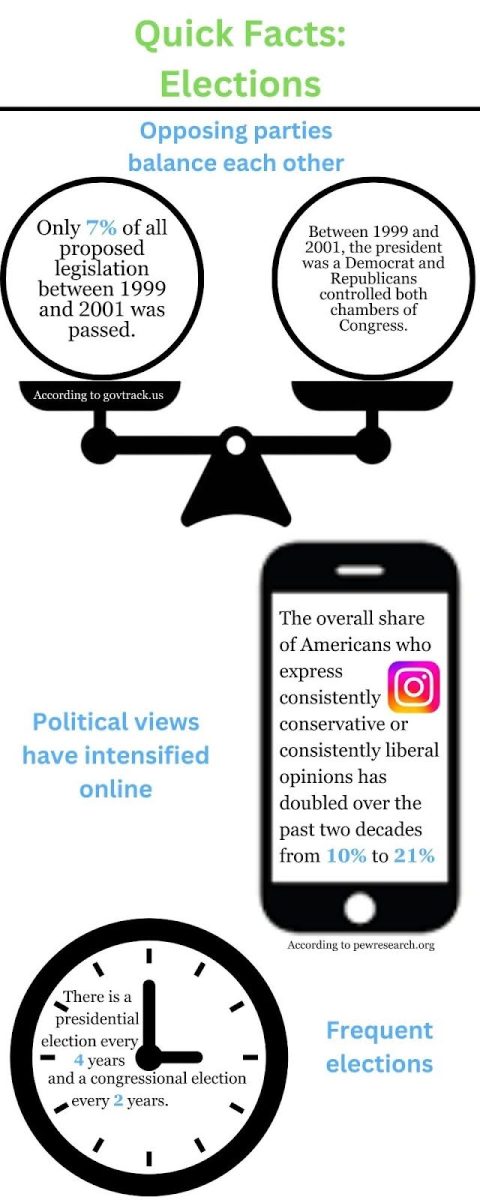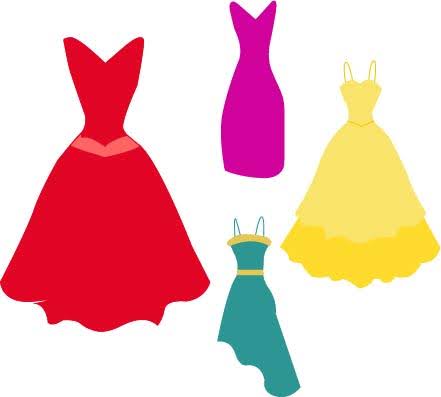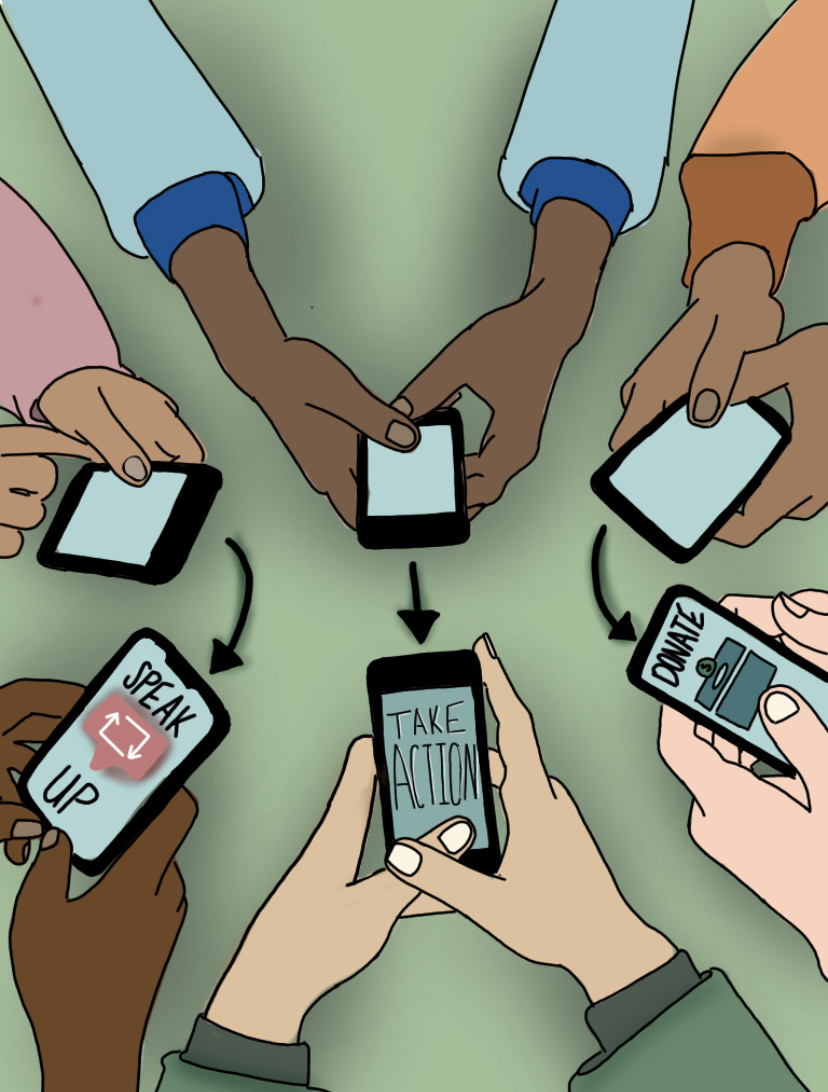
‘Tis the season for a mix of joy and a little bit of stress—Christmas. A time of hunting down the perfect gifts at the most affordable price, and complaining about how much inflation has gone up since the previous year. Amongst the easygoing excitement, the question arises, What does Christmas mean? Is it a laid-back celebration of religious miracles, a time for families to be together and continue family traditions? Or has it become the casual pursuit of profit? Commercialism has shifted the focus from the joy of the season to extensive consumerism, altering the true spirit of Christmas. Traditionally Christmas is a holiday originating from Christianity but that isn’t the case anymore.
Starting even as early as November 1st, everything we see on TV and throughout our community is about Christmas. Whether it’s songs, ads, deals, decorations, presents or the big bow on top of Ahee Jewelers, everything revolves around a price tag. According to a survey conducted by Pew Research Center, only 55% of U.S. adults celebrate Christmas religiously, which means 45% of people who celebrate Christmas don’t celebrate it religiously. With a shift from its traditional values of religion and cherishing time with loved ones, the holiday has turned into a competition, a financial battle of how much money you can spend this year to make this Christmas the best.
Whether you’re on the naughty or nice list, it’s no secret that Christmas has become the “What am I getting holiday,” and the most expensive time of the year. According to Deloitte via CNBC, they estimated that the average American adult will spend roughly $1,455 on the holiday season this year alone, additionally, 74% of adults said they plan to spend more than they did last year regardless of their financial situation due to inflation. This shows the priorities of American citizens during this season are completely superficial, considering many don’t care how much gifts cost as long as they are spending lots on people, that’s all that matters.
The majority of major corporations aren’t doing this by coincidence, exploitation of their consumers and making a quick cash grab to boost profits isn’t anything new. The worst part is it gets easier and easier for them to do so because no matter what they say or do people are still going to keep purchasing because it’s what they’re accustomed to. According to Investopedia, every year since 2009, American consumer spending on holiday gifts and other holiday expenses has increased over the previous year. American consumers become more accustomed to spending money, and as their bank accounts grow so does the amount of money they spend. Coincidentally, people spending more isn’t always because they want to, but because they feel that they have to. Even after inflation causes prices to increase, consumers can’t break the habit of spending unhealthy amounts of money on Christmas. To help cure consumers’ spending disease, cutting back holiday budgets is a good first step, even if that means changing some of the spending traditions they once knew.
Christmas has become a commercialized money grab and has lost its true meaning but that doesn’t mean we’re hopeless. There are many ways you can spread appreciation and kindness to your loved ones for a fraction of what you were going to spend, one of them is spending quality time together whether it’s a meal, a walk or anything to show you value their company rather than the amount of money you spend on them. Another gift you can give that costs even less is to tell them how you appreciate them, how they have affected you and how much they mean to you. As materialistic as Christmas has become that doesn’t mean it has to remain that way, conscious spending and more time spent being with family without focusing on giving and receiving gifts are major ways we can restore the true meaning of Christmas.


